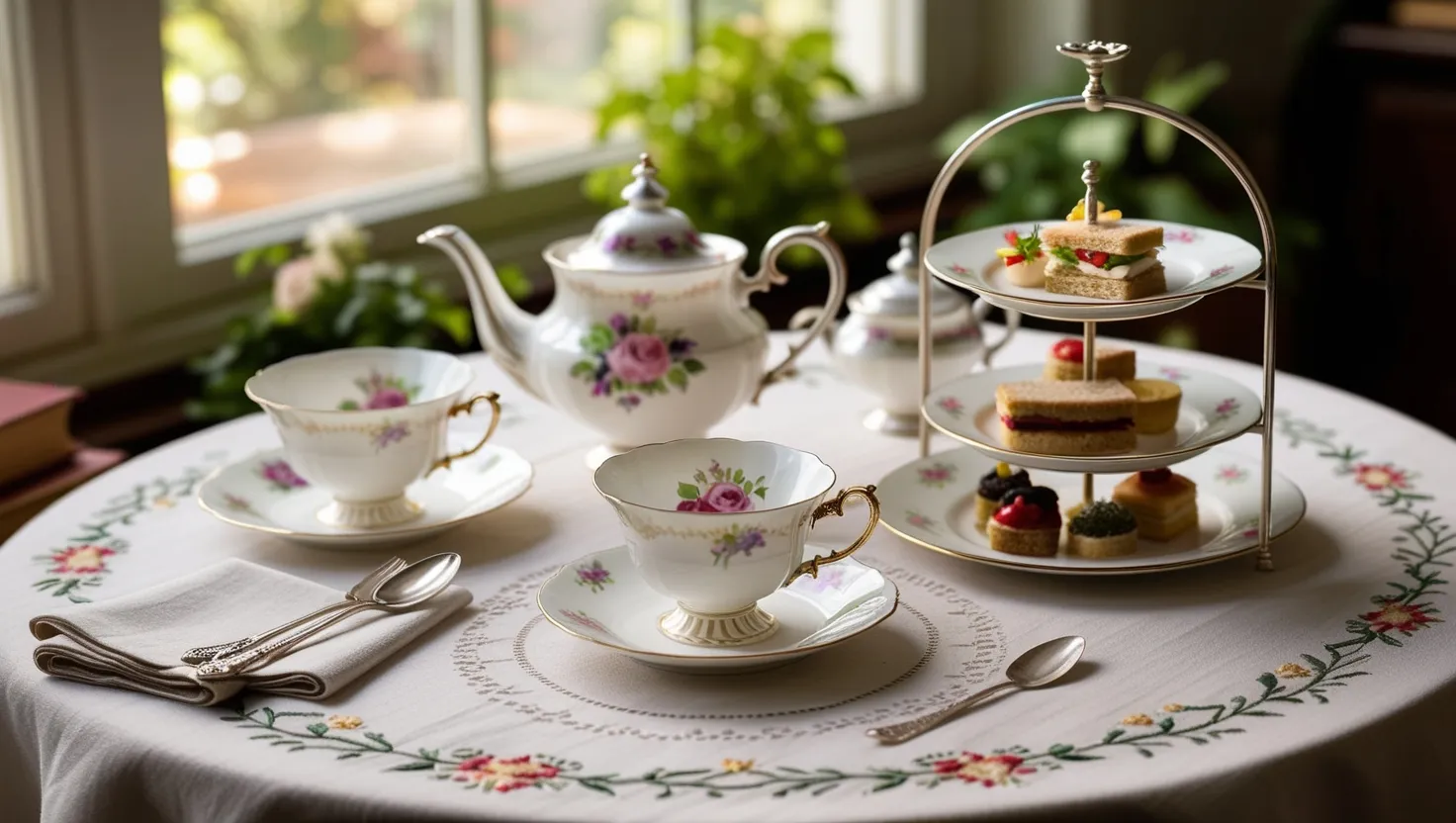Getting a Good Night’s Sleep: The Art and Science of Sleep Hygiene
We’ve all been there - tossing and turning, watching the clock tick away as sleep eludes us. But what if I told you that small changes in your daily routine could dramatically improve your sleep quality? Welcome to the world of sleep hygiene, your ticket to dreamland.
Let’s start with the basics. Sleep hygiene isn’t about scrubbing your pillows or washing your sheets (though that’s important too!). It’s a set of habits and practices that set you up for a great night’s sleep. Think of it as creating the perfect environment for your body to do what it naturally wants to do - rest and recharge.
First up, let’s talk about consistency. Your body loves routine, especially when it comes to sleep. Try going to bed and waking up at the same time every day. Yes, even on weekends! I know, I know, it’s tempting to sleep in on Saturdays, but trust me, your body will thank you for keeping things steady.
Now, picture this: it’s been a long day, you’re stressed, and you dive straight into bed hoping to fall asleep instantly. Sounds familiar? Well, that’s not doing you any favors. Your body needs time to wind down. Create a relaxing bedtime routine. Maybe it’s a warm bath, some light reading, or gentle stretches. Find what works for you and stick to it. It’s like telling your body, “Hey, it’s time to chill out and get ready for sleep.”
Let’s talk about your bedroom. Is it a sleep sanctuary or a multipurpose zone? Your bedroom should scream “sleep” to all your senses. Keep it cool - around 65°F is the sweet spot for most people. Make it dark - blackout curtains are your friends here. And quiet? You bet. If you live in a noisy area, consider a white noise machine or earplugs.
Now, onto the tricky stuff - stimulants. We all love our coffee, but it’s not exactly sleep’s best friend. Try to cut off caffeine at least 6 hours before bedtime. And while we’re at it, let’s talk about that nightcap. Sure, alcohol might help you fall asleep faster, but it can mess with your sleep quality later in the night. As for nicotine? It’s a stimulant too, so it’s best avoided close to bedtime.
Let’s address the elephant in the room - or should I say, the phone in your hand? Our beloved gadgets, with their blue light, can really mess with our sleep. Try to put them away at least an hour before bed. I know it’s hard, but your Instagram feed will still be there in the morning, I promise.
Now, you might be thinking, “But I love my afternoon naps!” Well, naps can be tricky. If you must nap, keep it short (30 minutes max) and early in the day. Long or late naps can throw off your nighttime sleep.
Exercise is great for sleep, but timing is everything. A morning jog or an afternoon yoga session? Perfect. A high-intensity workout right before bed? Not so much. Give your body at least a few hours to wind down after exercise before hitting the hay.
What you eat matters too. Heavy meals close to bedtime can lead to discomfort and indigestion. Opt for lighter evening meals, and if you need a bedtime snack, go for something small and sleep-friendly, like a banana or a handful of almonds.
Stress and anxiety are sleep’s arch-nemesis. If worries are keeping you up at night, try jotting them down before bed. It’s like telling your brain, “I’ve got this handled, you can relax now.” Meditation or deep breathing exercises can also work wonders. Even just 10 minutes can make a big difference.
Here’s a tip: keep a sleep diary. Jot down when you go to bed, when you wake up, and how you feel. Notice any patterns? Maybe that late-night spicy taco is the culprit behind your restless nights. Knowledge is power, my friend.
Oh, and let’s talk about clock-watching. We’ve all done it - waking up in the middle of the night and obsessively checking the time. Stop that! It only amps up anxiety. If you wake up, focus on relaxing and drifting back to sleep instead.
Creating your own sleep rituals can be a game-changer. Maybe it’s a cup of chamomile tea, some light stretching, or reading a few pages of a book. Find what helps you unwind and make it a nightly habit.
Now, if you’ve tried all this and still struggle with sleep, don’t hesitate to seek professional help. Sometimes, there might be underlying issues that need addressing. A sleep specialist can provide personalized advice and treatment.
Remember, good sleep hygiene isn’t about perfection. It’s about creating a lifestyle that supports quality sleep. It might take some trial and error to find what works best for you, and that’s okay. Be patient with yourself.
Think of it this way: you’re not just working on better sleep; you’re investing in your overall health and well-being. Quality sleep can improve your mood, boost your immune system, sharpen your mind, and even help with weight management. It’s like a superpower that comes with a comfy pillow and cozy blanket.
So tonight, why not start small? Maybe set a consistent bedtime, or try a relaxing pre-sleep routine. Remember, every journey begins with a single step - or in this case, a single night of better sleep. Sweet dreams!






